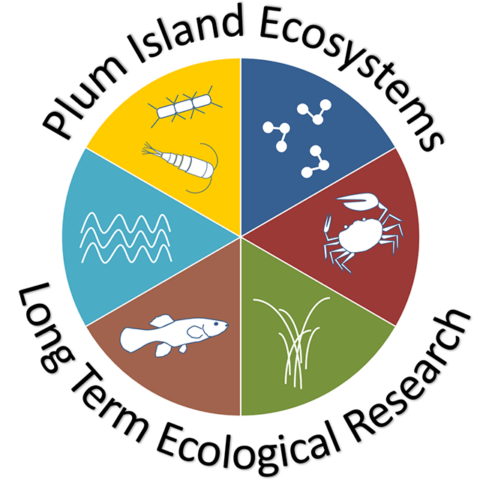PIE LTER Publications Search On this page, you can search PIE LTER publications. Please use the navigation buttons for additional publication viewing methods. Return to Publications Publications Sorted by Title Publications Sorted by Author
PIE LTER Publications On this page, you’ll find PIE LTER publications with the ability to filter by tag. Please use the navigation buttons for additional publication viewing methods. PIE LTER Publications on Zotero Publications Search Publications Sorted by Title Publications Sorted by Author
Local K-12 Education Resources College-Level Education Resources Education Resources For All Citizen Science Local The Mass Audubon at Joppa Flats hosts community science programs for climate change monitoring, bird sightings, and firefly watches. They also provide general information on invasive plants and educational materials. The Parker River National Wildlife Refuge has self guided tours and…
Research Overview Since its inception in 1998, the Plum Island Ecosystems LTER has been working toward a predictive understanding of the long-term response of coupled and-marsh-estuary-ocean ecosystems to changes in three key drivers: climate, sea level, and human activities. As rates of change in these drivers have accelerated in the PIE region, there is critical…
The Plum Island Ecosystems LTER (PIE) is a long-term integrated research, education, and outreach program located within the Great Marsh, the largest expanse of intertidal marsh in New England. Our research is focused in the estuary and watersheds of Plum Island Sound in northeast Massachusetts. The Plum Island Sound estuary is a coastal bar-built estuary…
In a special Earth Day edition of #MBLSciShoots(link is external), scientists from the MBL Ecosystems Center talk about Earth Day, the decades-long research happening in coastal wetlands and the Arctic tundra, and take you on a guided tour of the National Climate Assessment!
